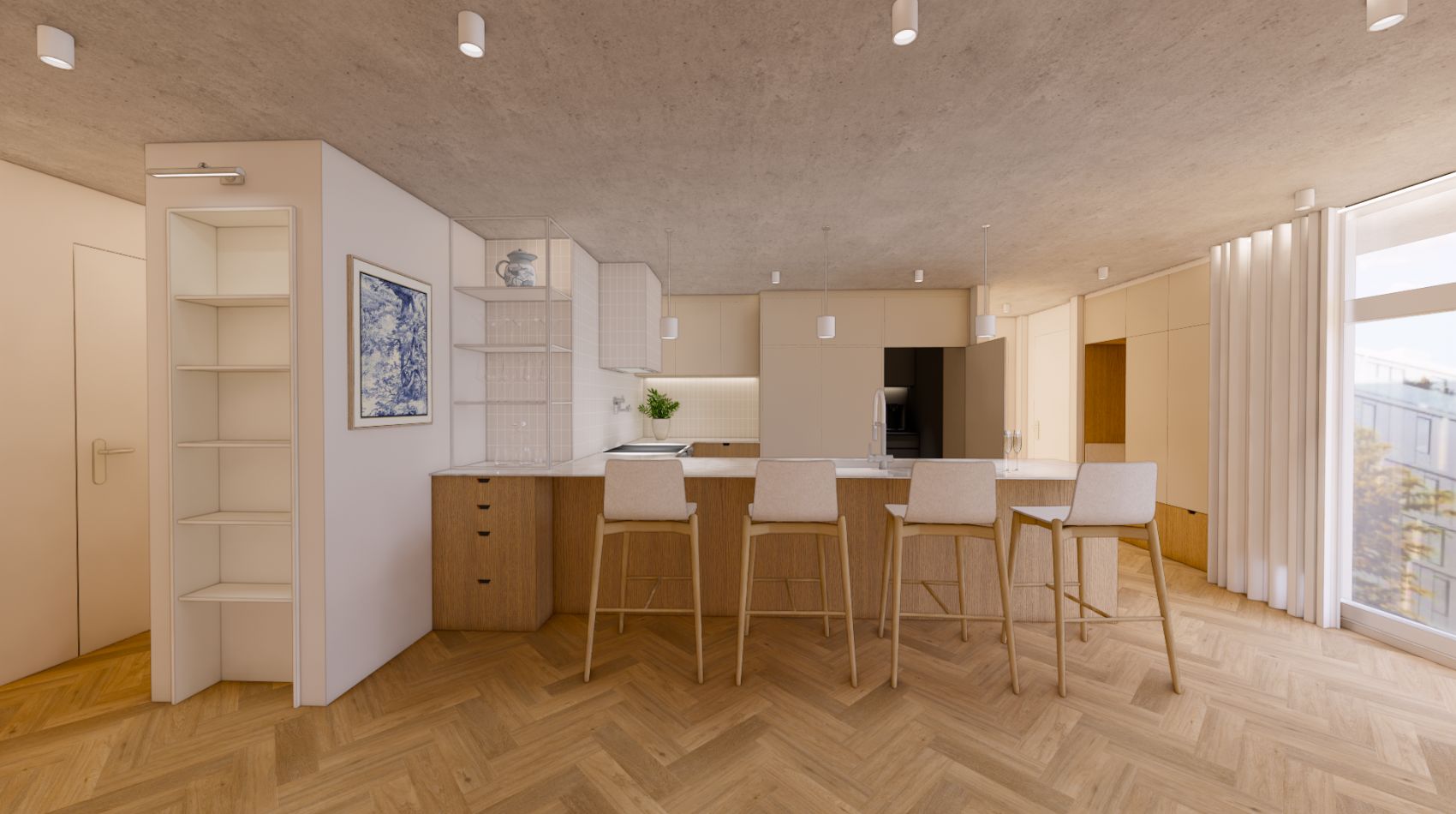Residential renovation in Anjou
Anjou is located between Highway 25 and the Metropolitan Expressway. The Galeries d’Anjou shopping center makes it an important commercial and industrial district. In addition, the presence of the retention lake and golf course had created the beautiful Anjou-sur-le-lac neighborhood.
A two fold residential architecture
After the Second World War Anjou began to develop. At the time, most people wanted to live in the suburbs, but then, single-family homes and shopping centers were built.
Today, two different urban styles can be observed, with bungalows on the one hand and split-level houses on the other. They are differentiated by their cladding rather than their shape. On one side, bungalows are clad mainly in brick, which gives them their classic appearance. On the other hand, split-level homes are clad in materials such as vinyl or wood. These materials allow for a greater variety of colors and, consequently, a more personalized home.
From the 1980s onwards, Anjou saw the emergence of a new housing style in the West: plexes and semi-detached houses.
Anjou lifestyle
Nearly 45,000 people live in Anjou. It’s a lively borough with several schools, libraries, parks and sports fields (soccer, tennis, skating rink, etc.). Now, all these facilities make this neighborhood an attractive place for families.
Different styles of houses mean that there is also a plurality of populations, with a majority of immigrants. We sense a strong sense of community, with many diverse associations.
Anjou is a great place to live, with everything you need in terms of medical care and education.
Issues with houses in this area
Obviously, older homes built before 1980 in Montreal often contain asbestos in the plaster linings. In the event of renovating, you’ll need to test for asbestos. If the results are positive, you’ll need to take the necessary steps to remediate the space. With ESPÉ, you won’t have to worry about any of this, because we’ll take care of everything for you.
Regarding a home insulation, if your house was built after 1980, the insulation probably won’t need to be renewed. However, if your house was built before 1980, we strongly recommend that you have it insulated. Not only will this improve your living comfort, it will also save you money on your electricity bills. With better insulation, not much heating or air conditioning will be needed.

Renovation style and benefits
Speaking of buildings constructed before 1980, renovations mainly revolve around these two aspects:
• Updating the building envelope, which often involves sophisticated, in-depth renovations
• Modifying the structure to open up the first floor or common areas
For buildings built after the 1980s, smaller-scale renovations will be required, as the insulation and structure won’t probably have to be redone:
• Renovating kitchens and bathrooms to bring them up to date
• Replacement of the original staircase
• Treatment of floors and complete painting
• Fitting out a master suite
All in all, ESPÉ can take care of everything, so you’ll get the best out of the job and your mind off it. From applying for permits from the permit counter of Anjou, to the final touches.
Certainly, those renovations are typical cases, but every home and every one of you is unique. That’s why, whatever your renovation project, our team takes the time to listen and understand you, so we can offer you the solutions best suited to your needs and desires. Don’t wait any longer, transform your space with ESPÉ!

